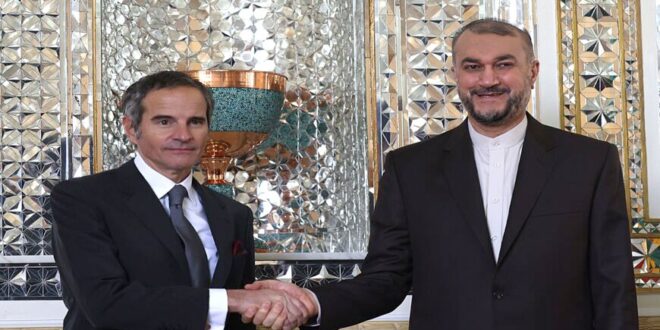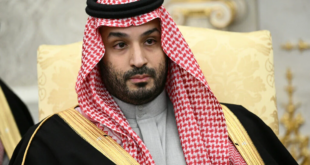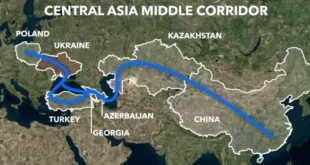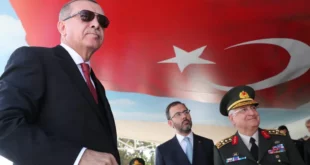Iran’s foreign minister continues to lobby for the United States to come to an agreement for the revival of the nuclear talks.
In a meeting in Qatar with his counterpart, Mohammed bin Abdulrahman Al Thani, Iran’s Foreign Minister Hossein Amir-Abdollahian talked about the nuclear talks, regional issues and bilateral relations.
Regarding the talks in Vienna aimed at reviving the 2015 nuclear deal, Amir-Abdollahian said that the United States needs to be “realistic” and cease its “excessive demands” if the sides are expected to return fully to negotiations. According to many observers, one of the last remaining issues before the removal of US sanctions in exchange for Iran reducing its nuclear levels back to the levels stated in the 2015 deal is the listing of the Islamic Revolutionary Guard Corps (IRGC) as a foreign terrorist organization (FTO). The Trump administration, which exited the deal in 2018, placed the IRGC on the FTO list in order to make it more difficult for subsequent presidents to get back into the agreement.
In what could be seen as a sign that the United States may agree to delist the IRGC, former US Ambassador to Israel Dan Shapiro has left the negotiation team. Shapiro tweeted, “I joined the State Department last August for a 6-month consultancy because I supported the Biden Administration’s policy of ensuring Iran never possesses a nuclear weapon. I still support it today as I embrace a great new opportunity.” In a follow-up tweet, he wrote, “If and when there is a deal — which remains uncertain — I’ll have more to say then.”
Shapiro is the second high-profile exit from the US team regarding Iran-related issues. Former Obama-era official Richard Nephew left his position as deputy special envoy for Iran. It was reported that Nephew, who helped design the crippling sanctions on Iran under the Obama years, was seeking a harder US line in the negotiations.
With the lifting of sanctions, Iran would be able to sell its oil more freely and receive payments for it through more accessible avenues. Whether or not the United States delists the IRGC, there would still remain a number of sanctions in place on Iran, including for human rights abuses and other issues.
Iran has continued to find other means to sell its oil despite the sanctions. According to the head of the National Iranian Oil Company, Mohsen Khojasteh-Mehr, Iran’s oil exports have increased since President Ebrahim Raisi came into office. Khojasteh-Mehr said that oil exports have increased 40%, and for some countries, oil exports are more than when the nuclear deal was fully implemented and Iran had fewer restrictions on the export and sale of its oil.
Most Iran observers believe as the Iranian Nowruz holiday comes to an end, a final decision will be made about the revival of the deal.
 Eurasia Press & News
Eurasia Press & News




